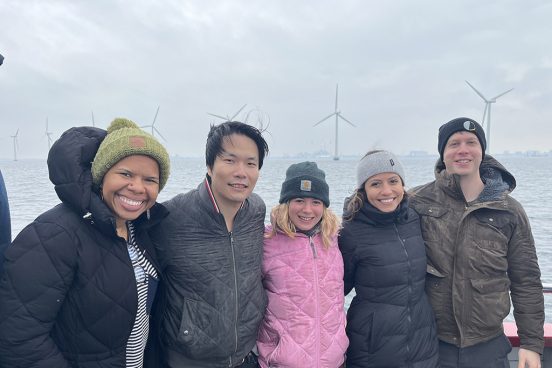Duke Daytime MBA Student Blog

Global Consulting Practicum
Helping Clients to Bridge Gaps
One of the most enduring programs in the Fuqua curriculum is the Global Consulting Practicum in Social Entrepreneurship, for which the school has earned widespread acclaim in recent years. It’s a two-term course in which participants are teamed up with a social venture in either India or South Africa. Working with contacts in those countries (and traveling to them over spring break) teams of Fuqua students use their diverse backgrounds and a suite of consulting skills learned in class to help companies overcome some of the issues they face.
In a way, these companies are not atypical in their countries—they often suffer from the poverty, corruption, and lack of satisfactory business leadership that have plagued the developing world in recent years. In our role as unpaid consultants, we like to believe that we can help our clients bridge these gaps. Indeed, previous teams have been quite successful, ensuring profitability for their clients, helping to provide access to necessities for locals, and ultimately, enriching themselves through an enhanced skill set in the face of a very challenging and dire situation.
However, these monumental undertakings are not without nuances. The preparation included frequent conversations via Skype with client personnel. Overcoming the difficulty of cross-border communication was a challenge unto itself. Our discussion, sometimes frank in nature, had to be tailored to reflect the sensibilities of our client in India. It certainly required some refinement over time, especially as we began to make plans about appropriate courses of action, and faced inevitable conflicts. Even contending with a 10.5 hour time discrepancy presented a hurdle.
Aiding us in our efforts were a team of leaders including Professor Pranab Majumder, and Matt Nash, Erin Worsham, and Ruth Tolman from the Center for the Advancement of Social Entrepreneurship. Each week, so far, has required the completion of a few deliverables; and, though challenging, especially for those without consulting backgrounds, they have ultimately served to enhance the value we can provide to our clients, and have enriched us as we’ve attempted to learn more about the process of consulting.



